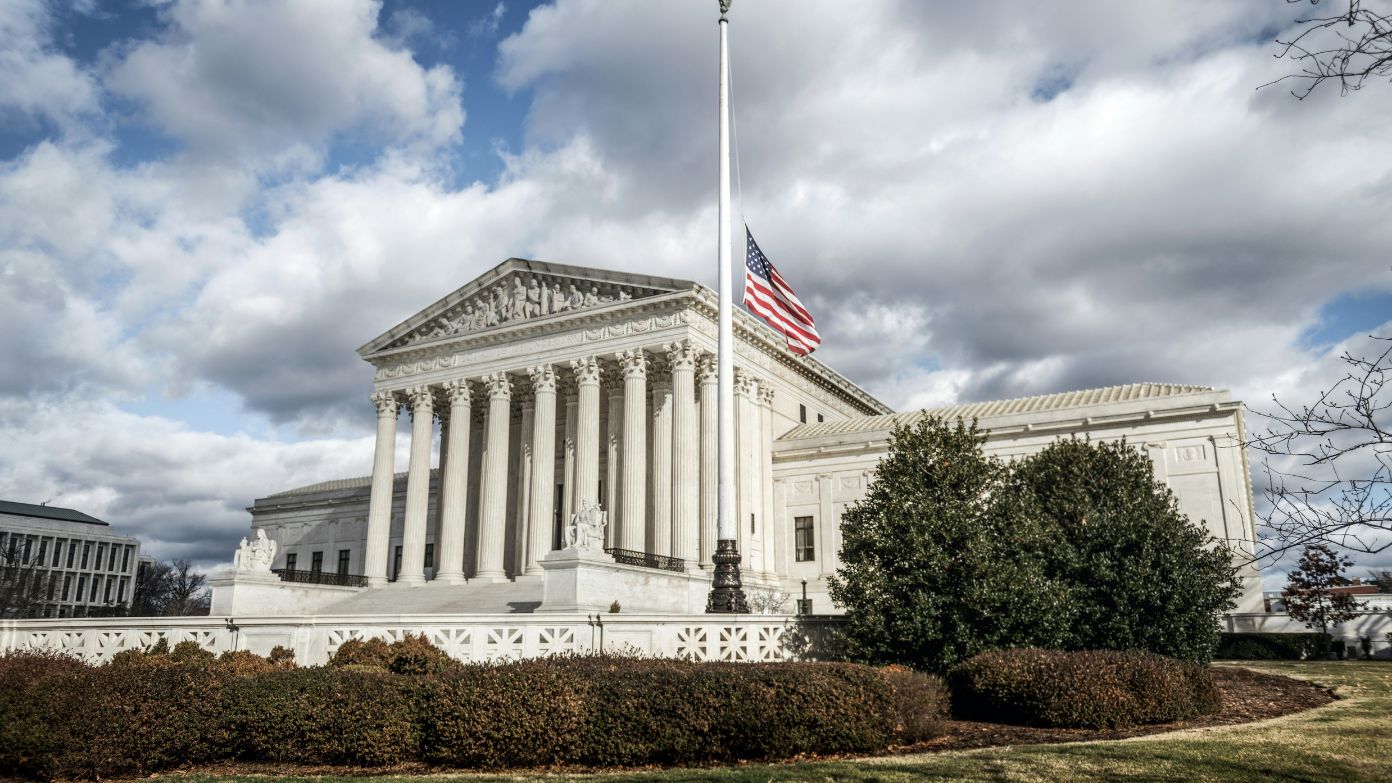The question on many people’s minds right now is simple: When is the next Federal Reserve meeting, and will interest rates finally come down? With inflation cooling but job growth showing signs of weakness, all eyes are on the Fed to see what happens next.
When is the next Fed meeting
The Federal Open Market Committee (FOMC), which sets interest rates, meets eight times a year. Each meeting lasts two days and ends with an announcement at 2 p.m. Eastern time on the second day. Right after, the Fed chair holds a press conference at 2:30 p.m.
The next Fed meeting will start on Tuesday, September 16, 2025, and wrap up on Wednesday, September 17, 2025. That is the date you want to circle if you are wondering when a decision on interest rates will be made.
Recommended:
What time will the Fed announce its decision
The official policy statement comes out at 2 p.m. Eastern time on the final day of the meeting. That is when you will find out if the Fed has decided to cut, hold, or raise rates.
Here is what usually happens:
- 2:00 p.m. ET – Policy statement is released.
- 2:30 p.m. ET – The Fed chair holds a press conference where markets listen even more closely to the tone, explanations, and hints about future moves.
So, while the announcement itself is important, the press conference often gives you the real clues about what the Fed is thinking.
What are the chances interest rates will be cut
Right now, traders are betting heavily on another rate cut. According to the CME FedWatch Tool, as of September 9, there is about a 92% chance that the Fed will cut rates by 25 basis points (0.25%), bringing the target range to 4.0% to 4.25%. Only about 8% of traders are betting on a bigger half-point cut.
The Fed has already cut rates three times since September 2024, when borrowing costs were at a 23-year high. The reasoning has been clear: inflation has cooled, but the job market is looking softer.
Recommended:
Forecasts see Fed finally cutting rates — for one key reason
Why does the Fed decision matter to you
Even if you are not a Wall Street investor, Fed decisions touch your life. Here is how:
- Mortgages: Lower rates can bring down the cost of new home loans and refinancing.
- Credit cards: Your interest charges may drop slightly if rates come down.
- Savings accounts: The interest you earn on deposits could shrink if banks cut what they pay savers.
- Stock market: Rate cuts usually give a boost to stocks, which could help your retirement account.
Simply put, Fed moves decide whether borrowing money will be cheaper or more expensive for you.
What factors are shaping the Fed’s decision
The Fed’s job is to balance two things: keeping inflation under control and supporting strong employment.
- Inflation: After the worst inflation in 40 years, prices have come closer to the Fed’s 2% target. But tariffs and trade tensions are creating new price pressures.
- Jobs: Recent reports show weaker hiring. “The August jobs report is likely to amplify the Fed’s concerns about labor market weakness,” says Aditya Bhave, U.S. economist at BofA Securities.
As Eugenio Alemán, chief economist at Raymond James, puts it: “The decision from the FOMC will depend on whether Fed officials believe that the weakness in employment trumps the risks for higher inflation.”
Recommended:
Trump looks to end quarterly earnings reports: what does that mean for investors?
How often does the Fed meet
The Fed meets on a set schedule, eight times a year, though it can meet more often if needed. The remaining meetings for 2025 are:
- September 16–17
- October 28–29
- December 9–10
So, if you are watching rates, these are the dates you should mark down.
Related article:
Forecasts see Fed finally cutting rates — for one key reason
Dollar falls ahead of US jobs report as traders weigh Fed cut odds

